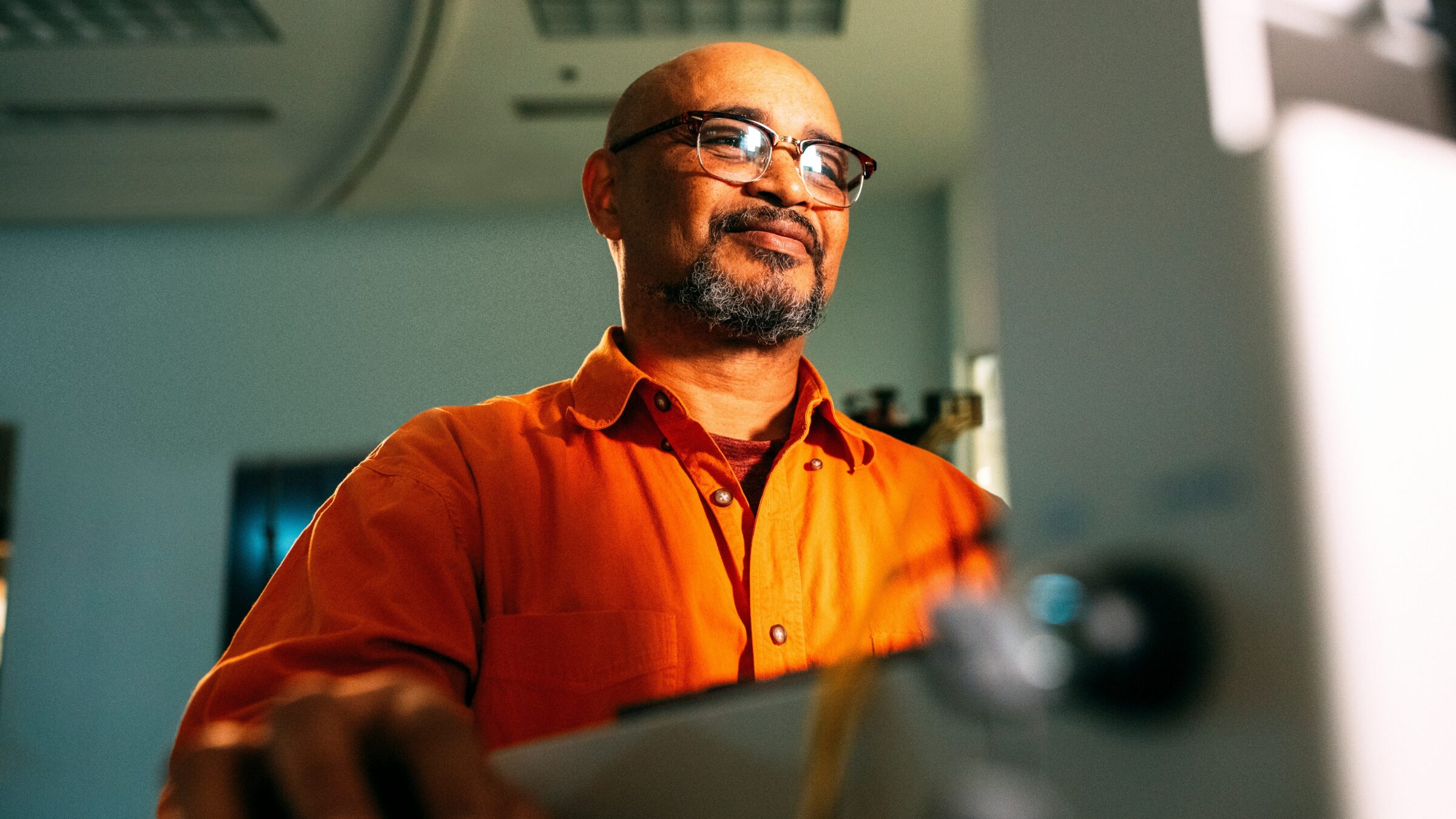
Inclusivity isn’t just a goal for us—it’s the heartbeat of our mission– and therefore, disability pride is a part of Merit America’s mission by nature. For so many years, the process of equal accommodation and recognition in the workplace and beyond has been laced with conversations without action. Finally having the opportunity to be proud of asking for what we need to be successful in the workplace is an integral part of what disability pride is.
As we honor Disability Pride Month during the month of July, we reflect on how the progress towards employers and communities to champion inclusive language and foster a more diverse workforce.
Why Disability Pride Month Matters
Disability Pride Month, observed annually in July, holds profound significance for Merit America and the broader community. It commemorates the passage of the Americans with Disabilities Act (ADA) in 1990, a landmark legislation that prohibits discrimination against individuals with disabilities and promotes equal opportunities in employment, education, and public services.
This month serves as a reminder of the resilience and contributions of people with disabilities, celebrating their diversity and affirming their right to participate fully in society. It also gives us an opportunity to view disability pride through an intersectional lens of race, gender, age, sexual orientation, religion, economics, and beyond—connective tissue that highlights the fact that the disability community connects to all demographic groups and why it’s something for us all to honor.
What is Ableism & Why Is It Important in the History of Disability Pride Month?
If you aren’t yet familiar, ableism is a broad system of power that dehumanizes disabled people and paints us as less than those who aren’t. Like white supremacy, queerphobia, and transphobia, ableism is embedded in the fabric of the U.S. government, our medical systems, and the way we interact with one another. It can manifest in ways that are overt, like not hiring someone because they are disabled, or subtle, like hosting an event that is “mask optional,” which may effectively exclude immunocompromised people.
At its core, ableism is the idea that disabled people are somehow inferior to non-disabled people. Like all systems of oppression, ableism does not exist in a silo. It intersects and intertwines with other forms of oppression, like racism, classism, patriarchy, and homophobia, and cannot be unwoven from them. Everyone is capable of internalizing and perpetuating ableism, including other disabled people. This makes it critical to evaluate our language, the way we think about disability, and the way we interact with disabled people in our lives — or don’t interact at all — to reduce harm.

What is Ableism and Ableist Language?
Not all ableism is obvious. Sometimes, ableist language can blend into everyday phrases without people even knowing it, especially if they are unfamiliar with the history of certain expressions. It’s important to constantly reevaluate the way we speak and the phrases we use in order to cut out ableist language, especially if someone says they actively cause harm.
Here are some phrases you may not know are ableist:
- “You’re crazy!” or “That’s crazy!”
- “You’re lame.”
- “You’re blind if you think that car is green. It’s obviously blue.”
- “Are you deaf? That album was great, I can’t believe you dislike it.”
- “I’m bipolar today because I am annoyed by this meeting.”
- “You’re so lucky you get to park in the handicapped spot.”
How Can I Be a Better Ally to Disabled People?
Being an ally means actively listening to disabled people and educating yourself on the issues affecting them. Many social justice events remain inaccessible to disabled individuals, and they are often impacted by legal attacks on their rights, such as the overturning of Roe v. Wade.
Effective allyship also requires sensitivity and respect. If someone discloses their disability, it’s important not to play detective or inquire about the specifics. Many disabilities are invisible, and probing into someone’s medical history is both invasive and disrespectful.
Support and respect disabled individuals by listening and educating yourself, while always maintaining sensitivity and privacy.
Inclusive Practices for Employers
- Create an Accessible Environment: Ensure both physical and digital spaces are accessible, provide necessary assistive technologies, and maintain open communication to support individual needs.
- Maintain Open Communication: Regularly check in with employees to understand their preferred working methods and foster a culture where requesting adjustments is encouraged.
- Implement Effective Training: Offer disability awareness training that covers various disabilities, their impacts at work, discrimination, and support methods.
- Establish Employee Networks: Create Employee Resource Groups (ERGs) for disabled employees and allies, providing a safe space for discussing ideas, concerns, and issues.
- Use Inclusive Language: Prioritize person-first language, avoid ableist terms, and add captions to video calls for hearing-impaired employees.
Disability Pride Month Awareness – Beyond a Single Month
Celebrating Disability Pride Month goes beyond observing it annually; it’s a continuous commitment to embracing its empowering message every day. It’s a blueprint for fostering inclusivity through increased awareness and empathy. Promoting physical and digital accessibility for people of all abilities is a principle that businesses and individuals should proudly support.
As we honor Disability Pride Month, Merit America encourages you to join us in celebrating diversity and promoting inclusion in the workforce.
Together, we can create a future where every individual, regardless of ability, can thrive and contribute meaningfully. By embracing disability pride and advocating for inclusive practices, we celebrate past achievements and pave the way for a more equitable and accessible future.